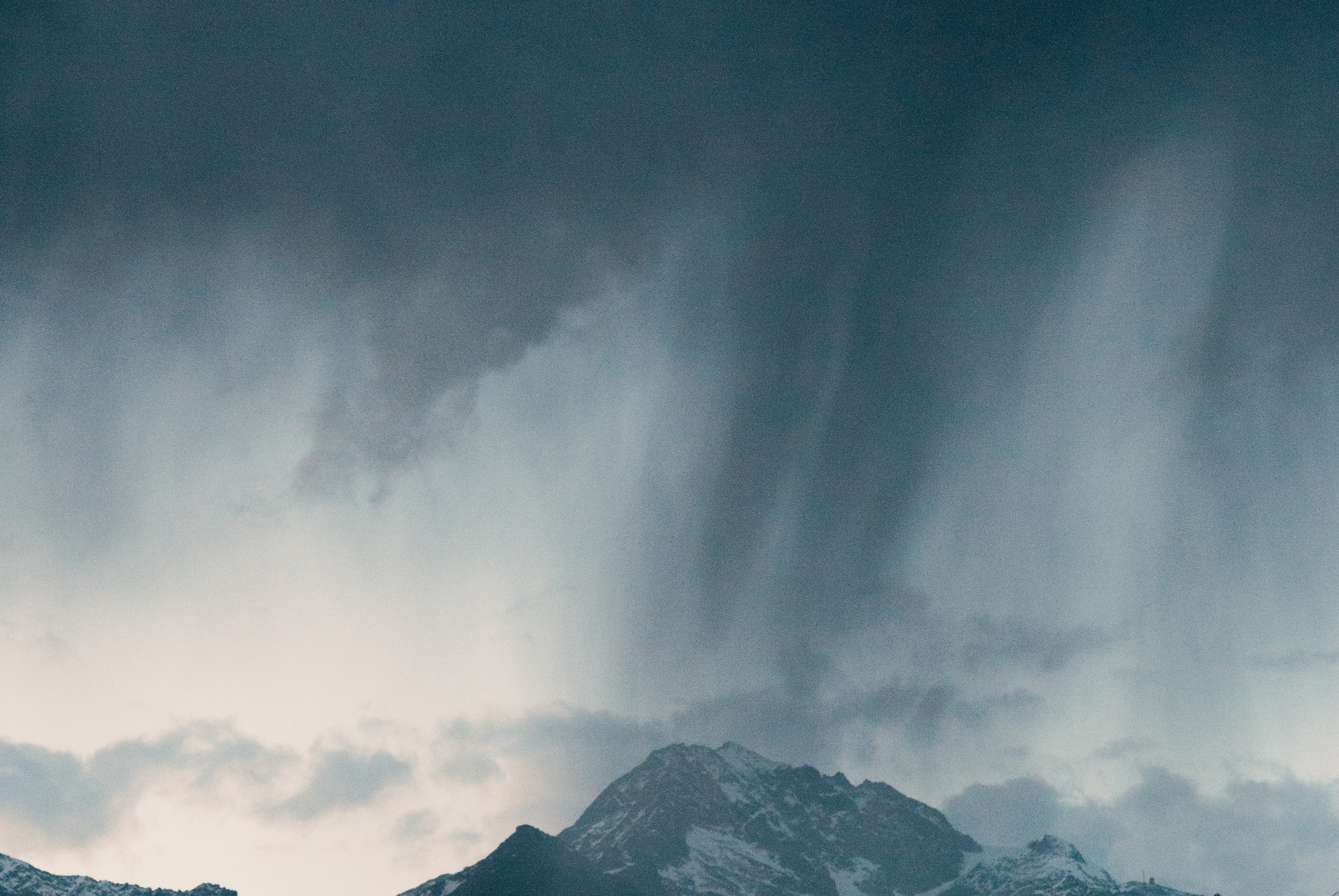
Unnatural Selections by J. Weintraub
For forty days the dark, torrential rains
came pouring down; we’d brought substantial grain aboard, were prepared for the worst, but after several months, the hold reeked like a sty, and still the raging waters continued to rise.The ravenous griffins were first. No contest there. Yet they were sincerely surprised to find their guardians, too, were carnivores. They made a commendable roast.
The dragons followed next. The day before they’d feasted on our Keryneian hinds, incinerating them in their flaming breaths, leaving behind only golden antlers and the brazen feet. (Moreover, fires on arks can pose serious threats.)
The Criosphinx (the ram-headed kind, not the inquisitive gal) we barbecued—a savory treat— then grilled our basilisks and our Calydonian boars, and made a stew of Mr. and Mrs. Manticore;
and although the waters now have started to subside, the unicorns, tomorrow, will serve as plat du jour— a sweet-tempered beast, not likely to survive in this new world, where violence and blind catastrophe will decide who disappears and who shall thrive, where our Lord’s presence is no more than the memory of a threatening voice echoing out of the past, a sigh in the wind, a pale spectrum fading in the eastern sky.